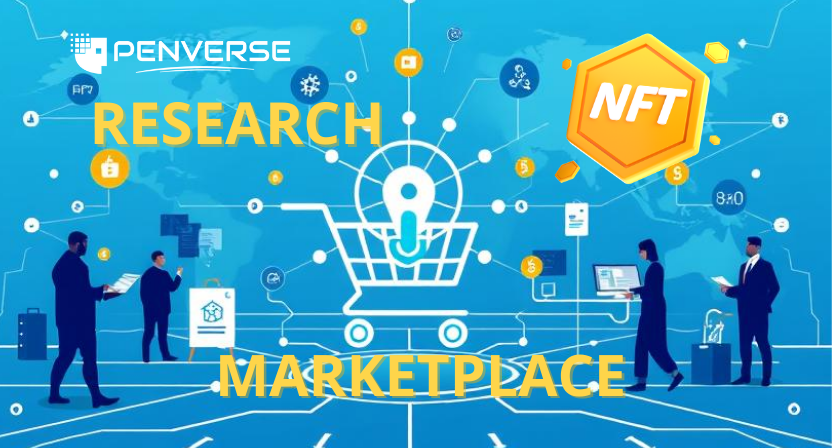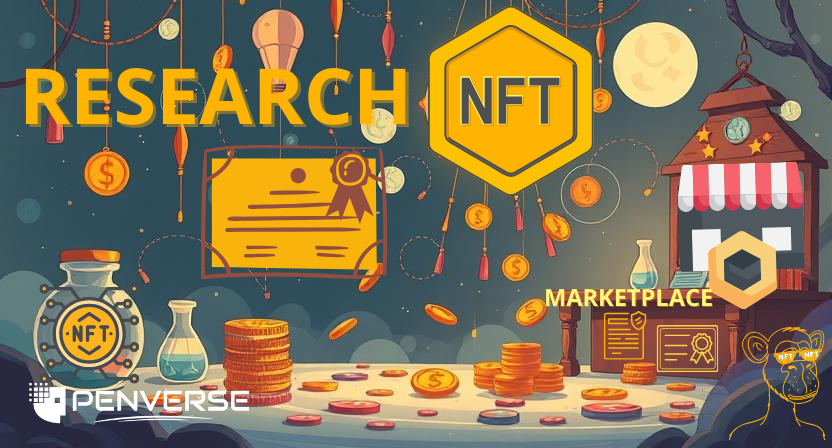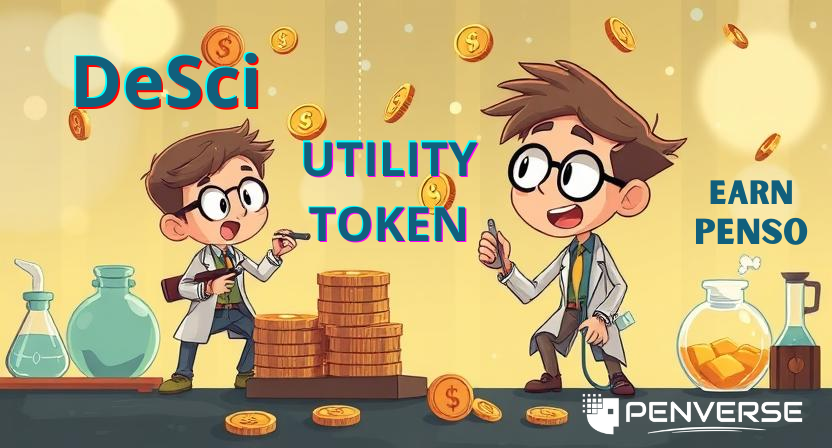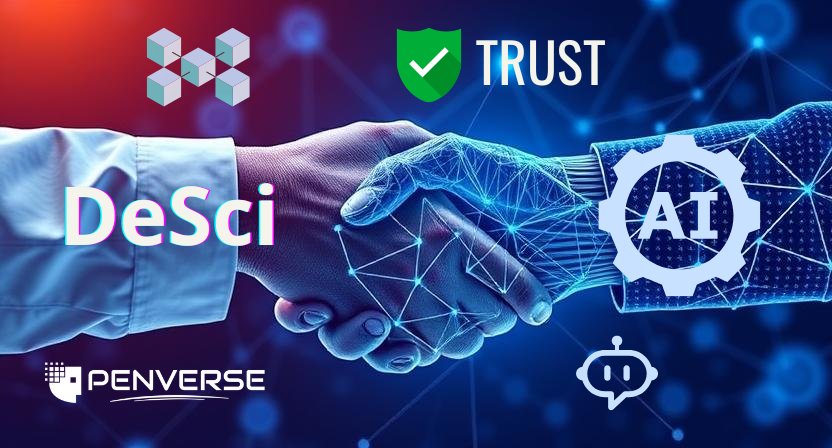AI-Powered Scientists: The Future of DeSci is Here!

The world of scientific research is undergoing a radical transformation, thanks to Artificial Intelligence (AI). Gone are the days when researchers had to spend weeks or even months combing through massive amounts of literature, conducting repetitive data analysis, and struggling to secure funding. AI is now stepping in as a powerful tool, automating many of these processes and allowing scientists to focus on groundbreaking discoveries.
AI is not just speeding up research; it is revolutionizing how scientific knowledge is created, shared, and validated. From drug discovery to climate modeling, AI-driven research assistants are making it possible for scientists to work more efficiently, analyze massive datasets in real time, and even generate new hypotheses. The Decentralized Science (DeSci) movement is taking AI a step further by integrating it with blockchain, smart contracts, and decentralized governance, making scientific progress more open, fair, and accessible.
How AI-Powered Scientists Are Changing the Game
AI-powered research assistants are transforming the scientific process at multiple levels. Whether it’s conducting literature reviews, performing simulations, or even generating research papers, AI is significantly reducing human effort while improving accuracy and efficiency.

1. AI in Literature Reviews and Data Analysis
Traditionally, literature reviews required scientists to manually sift through thousands of papers. AI-driven natural language processing (NLP) algorithms can now analyze massive research databases, summarizing key insights in minutes instead of weeks. AI tools like Semantic Scholar and OpenAI’s GPT models have already been adopted by researchers to scan scientific literature, identifying patterns and trends that would be difficult for humans to detect.
2. AI in Experimentation and Simulations
AI is increasingly being used to design and conduct experiments. In fields such as drug discovery, materials science, and climate research, AI-driven models are simulating outcomes before experiments even begin. For example, DeepMind’s AlphaFold revolutionized protein folding predictions, solving a decades-old problem in biology and accelerating medical research by years.
3. AI-Powered Peer Review and Research Validation
The peer review process has long been criticized for being slow and biased. AI-driven systems can evaluate research papers faster and more objectively, checking for plagiarism, verifying data, and even suggesting improvements. Blockchain integration ensures that peer reviews are transparent, making fraud and manipulation much harder.
4. AI in Decentralized Research Collaboration
AI is breaking down the barriers of traditional research silos. AI-powered decentralized knowledge graphs allow researchers from different fields and institutions to collaborate seamlessly, sharing data and insights in real time. This helps prevent redundant work and accelerates scientific progress.
The Statistics: AI’s Impact on Scientific Progress
AI is already proving its value in research. Here are some key statistics:
- 80% of scientists believe AI will significantly accelerate research discoveries within the next decade (Nature, 2023).
- AI-assisted drug discovery has reduced the time required to develop new treatments by up to 70% (MIT Technology Review, 2022).
- 65% of researchers using AI-driven tools report increased efficiency in literature review and data analysis (Science Direct, 2023).
- AI-powered simulations in materials science have cut experimental costs by 50% (Stanford AI Lab, 2022).
These figures highlight that AI is not just a trend—it is a fundamental shift in how scientific research is conducted.
How Penverse Leverages AI for Scientific Breakthroughs
While AI in research is a game-changer, many traditional research institutions still operate within outdated, centralized models that limit access, funding, and collaboration. Penverse, a leading DeSci platform, is bridging this gap by integrating AI-driven automation, decentralized funding, and transparent research verification.

1. AI Research Assistants Automating Science
Penverse introduces autonomous AI research agents that assist scientists in literature reviews, hypothesis generation, and data validation. These AI-powered assistants reduce research time by automating tedious tasks, allowing scientists to focus on innovation instead of manual labor.
2. AI-Powered Grant & Funding Allocation
Research funding is traditionally slow and controlled by a handful of institutions. Penverse uses AI to analyze research proposals in real time, assessing their potential impact and feasibility. Combined with DAO-based governance, this ensures funding decisions are fair, meritocratic, and efficient.
3. Blockchain & AI for Peer Review Transparency
Penverse integrates AI and blockchain to create a transparent and unbiased peer review system. AI ensures faster and more reliable evaluations, while blockchain records every review permanently, preventing fraud and bias.
4. AI-Driven Cross-Disciplinary Collaboration
Penverse’s AI-enhanced decentralized knowledge graphs connect researchers across disciplines, identifying relevant studies and potential collaborations. This prevents duplication of work and accelerates interdisciplinary innovation.
The Future: AI & DeSci Leading the Next Scientific Revolution
The combination of AI and DeSci is set to redefine the future of scientific discovery. By removing institutional bottlenecks, automating research processes, and democratizing funding, AI-powered DeSci platforms like Penverse are creating a more inclusive and efficient scientific ecosystem.
As AI continues to evolve, we can expect:
- Fully autonomous AI research agents capable of conducting entire research projects independently.
- Decentralized AI-powered research labs, where global scientists collaborate in real time.
- AI-driven smart contracts that automatically allocate research funding based on impact assessment.
- Hyper-personalized research recommendations, allowing scientists to discover relevant studies instantly.
The future of science is AI-driven, decentralized, and more open than ever before.




